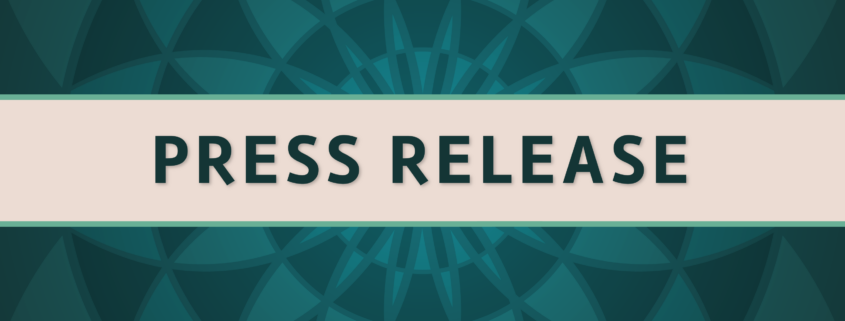PRESS RELEASE: NCUIH Celebrates CMS Approval of Medicaid Coverage for Traditional Healing Services, Emphasizes Importance for Urban Indian Organizations
FOR IMMEDIATE RELEASE
“This approval is a testament to the tireless advocacy of Tribal leaders, Urban Indian Organizations, and our partners,” said Francys Crevier, J.D. (Algonquin), CEO of NCUIH. “It marks a historic milestone in our ongoing efforts to ensure that American Indian and Alaska Native people in urban areas have access to culturally appropriate, holistic care that honors our Traditional Healing practices”.
“As we’ve long advocated, the ability to provide and be reimbursed for culturally relevant services offers a greater opportunity to deliver whole-person care,” Crevier added. “This CMS approval is a crucial step towards health equity and honoring the rich traditions of our diverse Native communities, including those in urban areas”.
– NCUIH CEO, Francys Crevier (Algonquin)
Washington, D.C. (October 18, 2024) – The National Council of Urban Indian Health (NCUIH) enthusiastically welcomes Wednesday’s announcement by the Centers for Medicare & Medicaid Services (CMS) approving Medicaid coverage for Traditional Healing services in four states: California, Arizona, New Mexico, and Oregon.
This landmark decision represents a significant step forward in recognizing the value of culturally-based traditional health care practices for American Indian and Alaska Native people, including those living in urban areas.
Urban Indian Organizations and State-Specific Waivers
While the CMS approval is a significant step forward, it’s important to note that the implementation and coverage for Urban Indian Organizations (UIOs) varies by state:
- Arizona (AHCCCS): Traditional Healing is covered for IHS and Tribal facilities. UIOs are not explicitly included as covered facilities. However, Traditional health care practitioners or providers at UIOs contracting with an IHS or Tribal facility could be included.
- California (CalAIM): California will have expenditure authority to provide coverage for traditional health care practices received through IHS, Tribal, or UIO facilities by Medicaid and CHIP beneficiaries who are able to receive services delivered by or through these facilities. The state will initially provide this coverage only to beneficiaries eligible to participate in the Drug Medi-Cal Organized Delivery system. However, California will have authority to expand coverage to all Medicaid beneficiaries who receive services delivered by or through an IHS, Tribal, or UIO facility.
- New Mexico (Turquoise Care): The state will have expenditure authority to provide coverage for Traditional Healing practices received through IHS, Tribes, or UIO facilities.
- Oregon (OHP): Traditional health care practices received through IHS, Tribal, or UIO facilities will be covered when provided to a Medicaid or CHIP beneficiary who is able to receive services delivered by or through these qualifying providers. State expenditures for Traditional Healing delivered at UIOs will receive the applicable state service match.
Next Steps
NCUIH will continue to work closely with CMS, state Medicaid programs, and UIOs to ensure smooth implementation of this new coverage and to advocate for equitable inclusion of UIOs in all states.
About NCUIH
The National Council of Urban Indian Health (NCUIH) is a national representative advocating for the 41 Urban Indian Organizations contracting with the Indian Health Service under the Indian Health Care Improvement Act. NCUIH is devoted to the support and development of quality, accessible, and culturally competent health and public health services for American Indians and Alaska Natives living in urban areas.
NCUIH respects and supports Tribal sovereignty and the unique government-to-government relationship between our Tribal Nations and the United States. NCUIH works to support those federal laws, policies, and procedures that respect and uplift Tribal sovereignty and the government-to-government relationship. NCUIH does not support any federal law, policy, or procedure that infringes upon or in any way diminishes Tribal sovereignty or the government-to-government relationship.
###
NCUIH Contact: Meredith Raimondi, Vice President of Policy and Communications, mraimondi@ncuih.org






